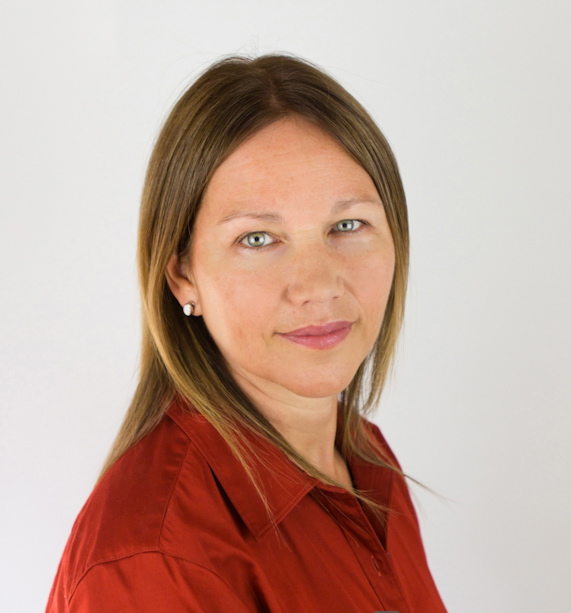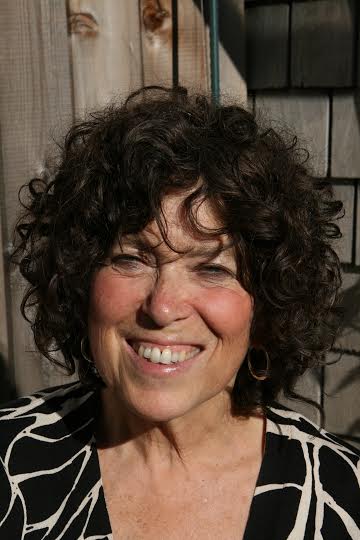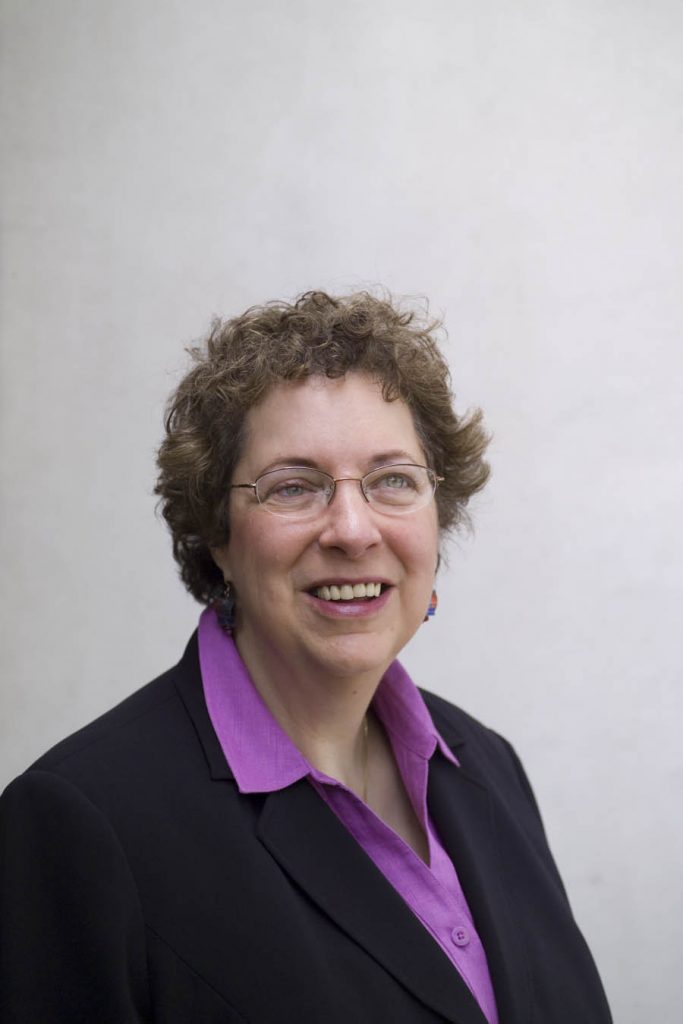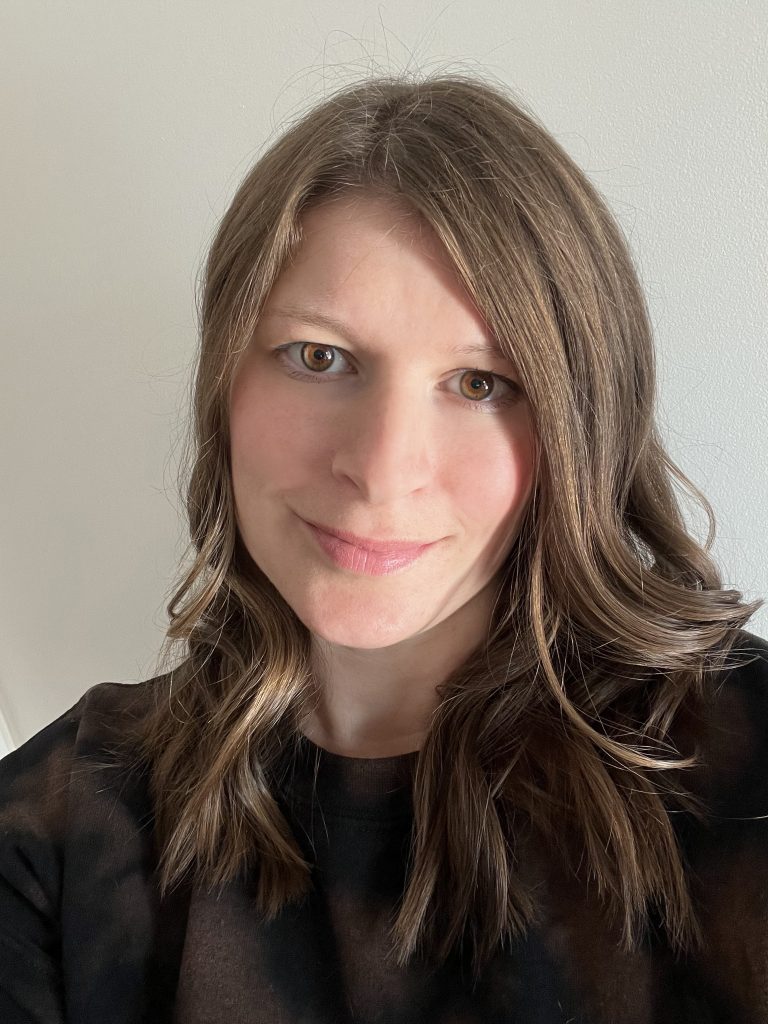Projects
Reimagining Care/Work Policies (RC/W) has three Research Clusters and some Cross-Cluster projects that focus on cutting-edge thinking in research projects and policy development.
Childcare
Examining and improving early learning and childcare services across all provinces and territories
Parental Leave
Aiming to understand and improve access to parental leave benefits for all parents and their infants
Employment Policies
Identifying promising policies that promote income security, equity, and work-family integration.
Why the slash in Care/Work?
The forward slash in Care/Work is a small but important detail. It’s about what we do and how we think. The slash implies moving forward and connecting two non-contrasting items: care and work. We explore working and caring lives as intertwined. Care is work. The economy relies on care work. Unpaid care work, paid work, and paid care work are always intra-connected.

Stories
Read about the behind-the-scenes work and get to know us through stories and news.
Our Work
We explore interconnections between care/work policies and the everyday lives of diverse families across Canada.
Team
We are all passionately committed to debating and finding the optimal mix of care and work policies for diverse families living in Canada.









60+
Co-Investigators & Collaborators
38 Partner Organizations/Institutions
This website was created at Brock University which is located on the traditional territory of the Haudenosaunee and Anishinaabe peoples, many of whom continue to live and work here today. We acknowledge that this territory is covered by the Upper Canada Treaties and is within the land protected by the Dish with One Spoon Wampum Agreement. We acknowledge that these agreements commit us to share the land equitably and justly and to care for each other and for the earth. We also acknowledge that the principles of relationality, interdependence, and inter-connection that guide this research program are ones that Indigenous peoples have long recognized and lived.
